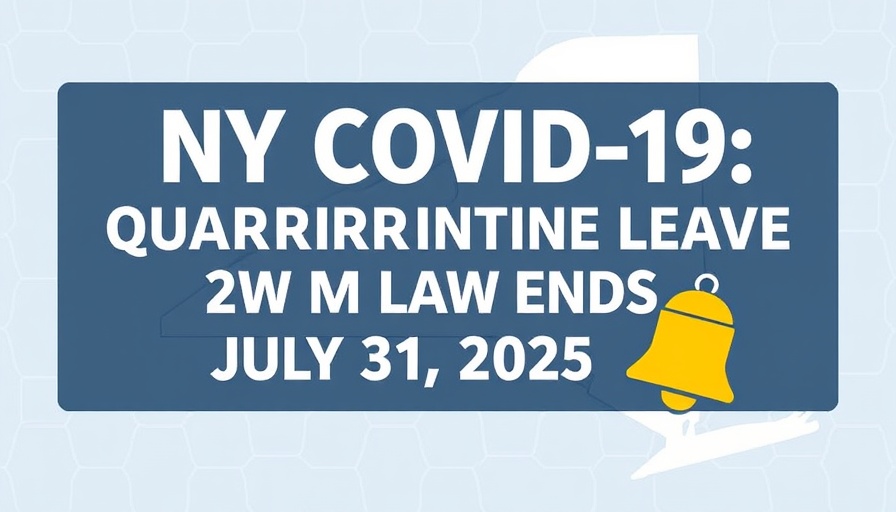
Understanding the Importance of Self-Audits in the Workplace
In today’s evolving workplace, fostering a culture of compliance is not just a regulatory obligation; it’s crucial for building trust. The U.S. Department of Labor's expanded self-audit compliance assistance initiative stands out as an essential tool for employers. Self-audits allow businesses to proactively evaluate their adherence to labor laws, ensuring that they not only meet legal standards but also create a safe, fair, and transparent work environment.
Reducing Liabilities and Litigation Risks
Engaging in self-audits offers a practical way to identify potential violations before they escalate into legal disputes. By addressing and rectifying issues such as wage discrepancies, employers can significantly diminish the likelihood of litigation. This proactive approach not only protects the organization but also reassures employees that their rights are respected, ultimately leading to enhanced job satisfaction and loyalty.
The Role of Major Agencies in Compliance
Various divisions of the Department of Labor are implementing programs directly aimed at easing the burden of compliance. For example, the Payroll Audit Independent Determination (PAID) program expedites the resolution of wage violations, ensuring that workers receive owed compensation swiftly. Similarly, OSHA's On-Site Consultation Program supports small businesses by offering confidential compliance assistance, which is critical in fostering a safe work environment amid ongoing challenges.
Empowering Employers
Employers can harness the tools provided by initiatives like the Voluntary Fiduciary Correction Program to address and rectify fiduciary breaches with minimal repercussions. The Employee Benefits Security Administration's proactive resources can be invaluable for organizations looking to uphold the highest standards of employment quality.
Moving Towards Fair Workplaces
Ultimately, self-audits are a stepping stone toward creating a culture where compliance with labor laws is prioritized, fostering an environment of trust between employers and employees. As the workforce transforms, the commitment to fair practices must evolve alongside these changes.
By embracing self-audits as a strategic function, organizations can lead the charge toward ethical employment practices, ensuring fairness and respect for their workforce.
 Add Row
Add Row  Add
Add 




Write A Comment